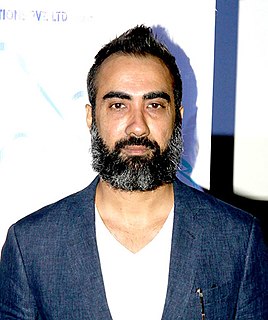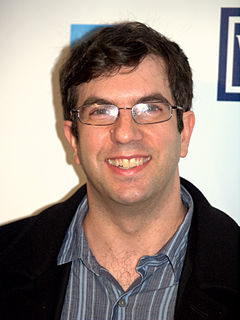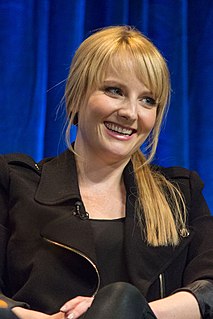A Quote by Sana Khan
I feel that the industry is welcoming to only to those, who have done films with some of the biggest directors or are associated with a big banner production house. So in my case, people have not been too inviting.
Related Quotes
I studied cinema at the university so I had a very classical approach to it. I studied all those silent films, and then the films from the 1940's, the Nouvelle Vague, the late Hollywood films. Now I realize, as a young actor, that it's one of my duties to actually be aware of what is today's industry and today's next big directors.
In the guest star situation on a show, it has a feel of a foreign exchange student - you're worrying the night before where you're going to sit for lunch. 'The Big Bang Theory' was like that. I was supposed to only do one episode. What was different was the cast and production staff was so welcoming, even though I was only scheduled for a week.
I don't know what the comics community could do to make everyone feel welcome; I'm cynical and unsure if everyone can feel welcome, simply because so many people have conflicting ideas of what is welcoming, but I think that calling out creators and comic industry people who have harassed people and/or been abusive is a good first step. If we create a culture where those kinds of actions can no-longer go unchecked, then more people may feel welcome to participate and know that they will be heard if they experience unfairness.
I guess people feel that if you're working with good directors and are known in the Hindi film industry, then you won't work in South films. However, I believe that films have no boundaries of language, religion, or cast. If it's a good script and a good director, I can do a film in Spanish as well.
The biggest problem in countries that don't have a tradition in animation or a film industry, is that precisely, that it's not an industrial activity as it is in Hollywood where there are clear production procedures. Because of this we all become snipers making our films any way we can and crossing our fingers to get distribution so people can see them.
Making movies has not only been an incredibly collaborative process but there's three big parts: pre-production, shooting itself and then post-production, which leads into marketing. And if you're passionate about the movie and you believe in it, and it would make sense that you are having done it, then you want to get out and promote it. It makes it a lot easier when the film is good and people are enjoying it.
Filmmakers need to give the audience that something extra, an incentive to spend money and go to the multiplex - the ticket prices are high. Otherwise they'd just stay home, buy DVDs or download movies. But if there were only big budget movies it would be impossible for the film industry to survive. So I emphasize the importance of mid-range films. But those films need the support of theatre owners. The theatre chains have to have the vision to realize the need to support smaller films for the growth of the domestic film industry.

































